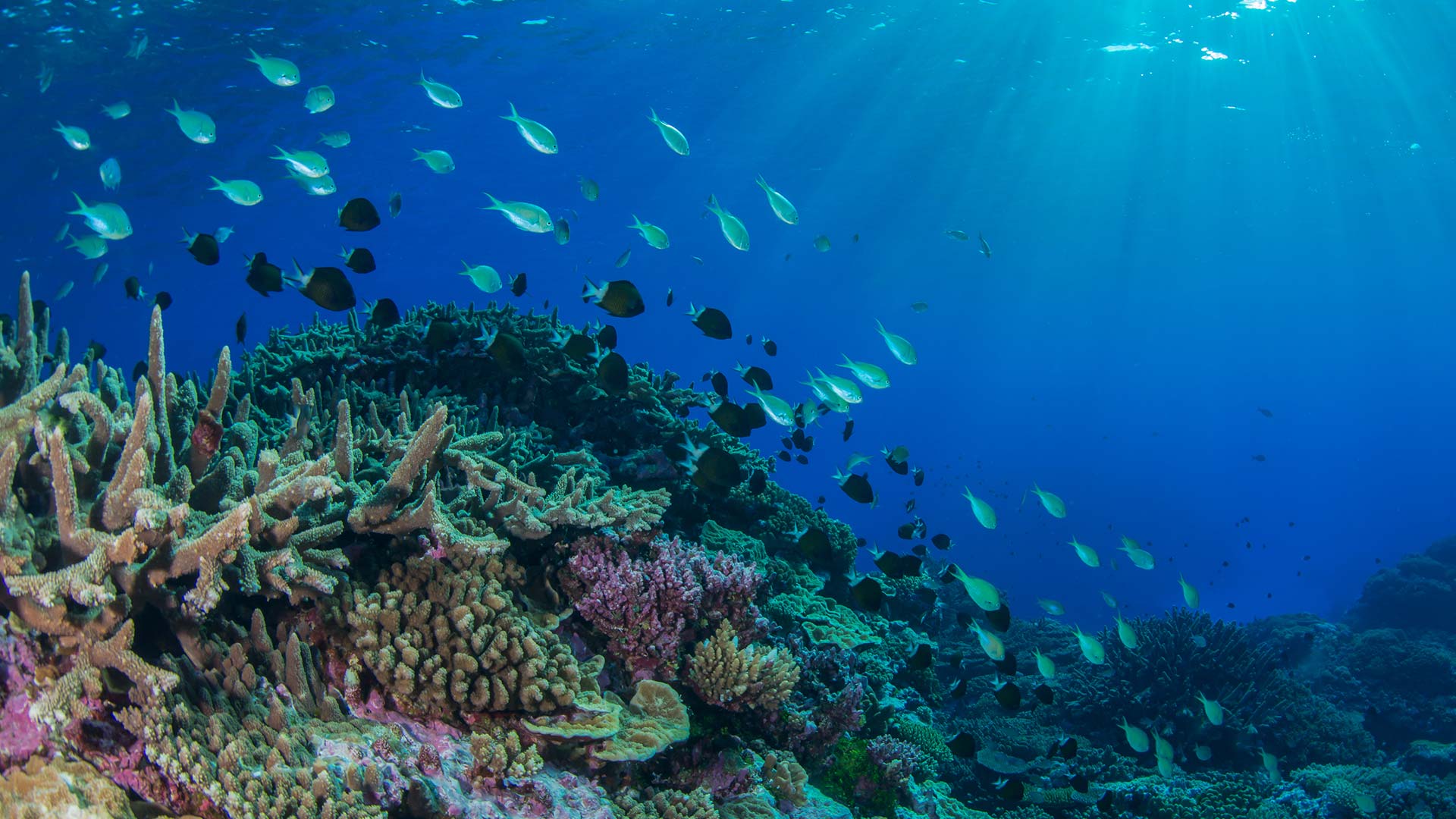
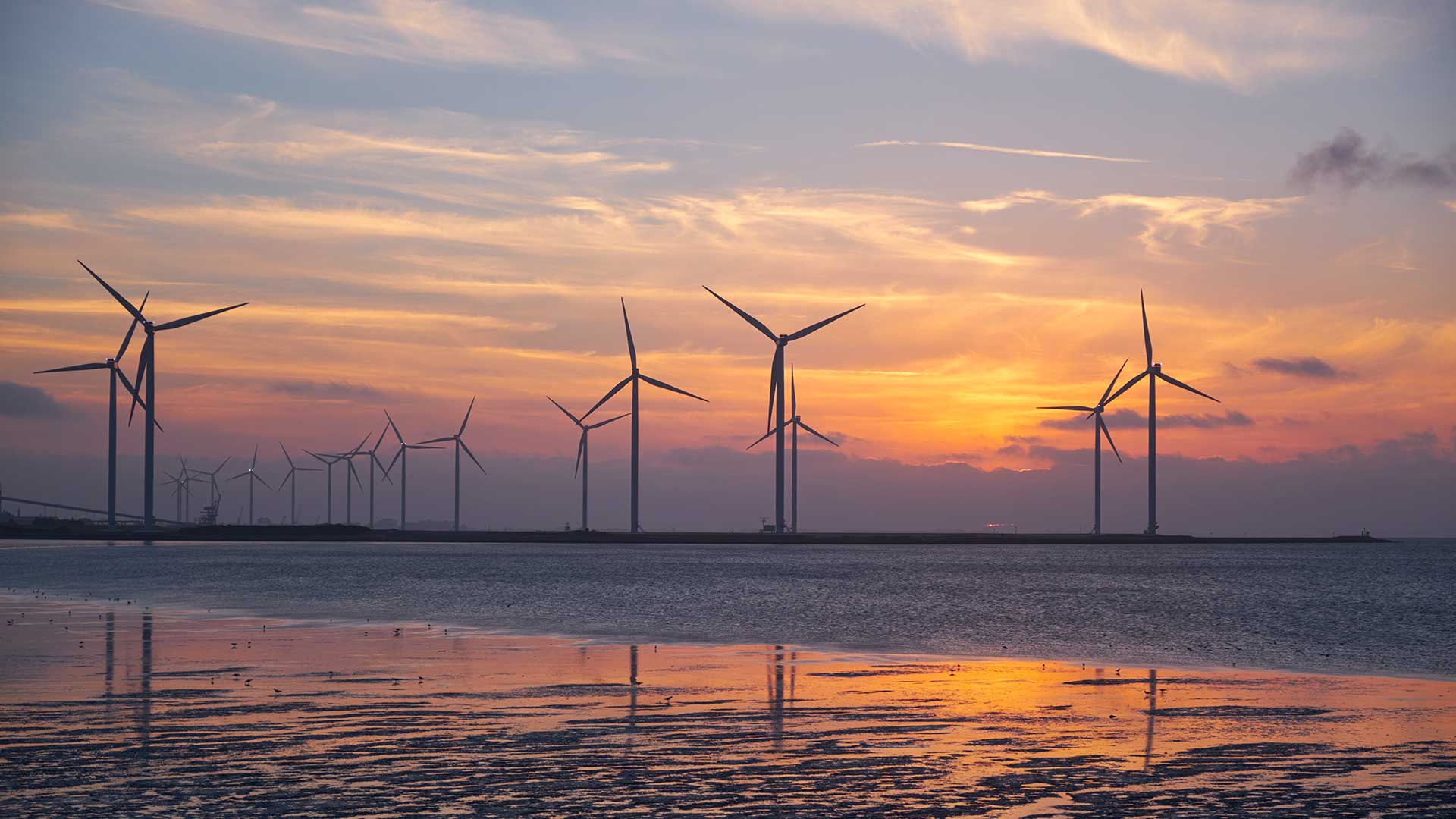
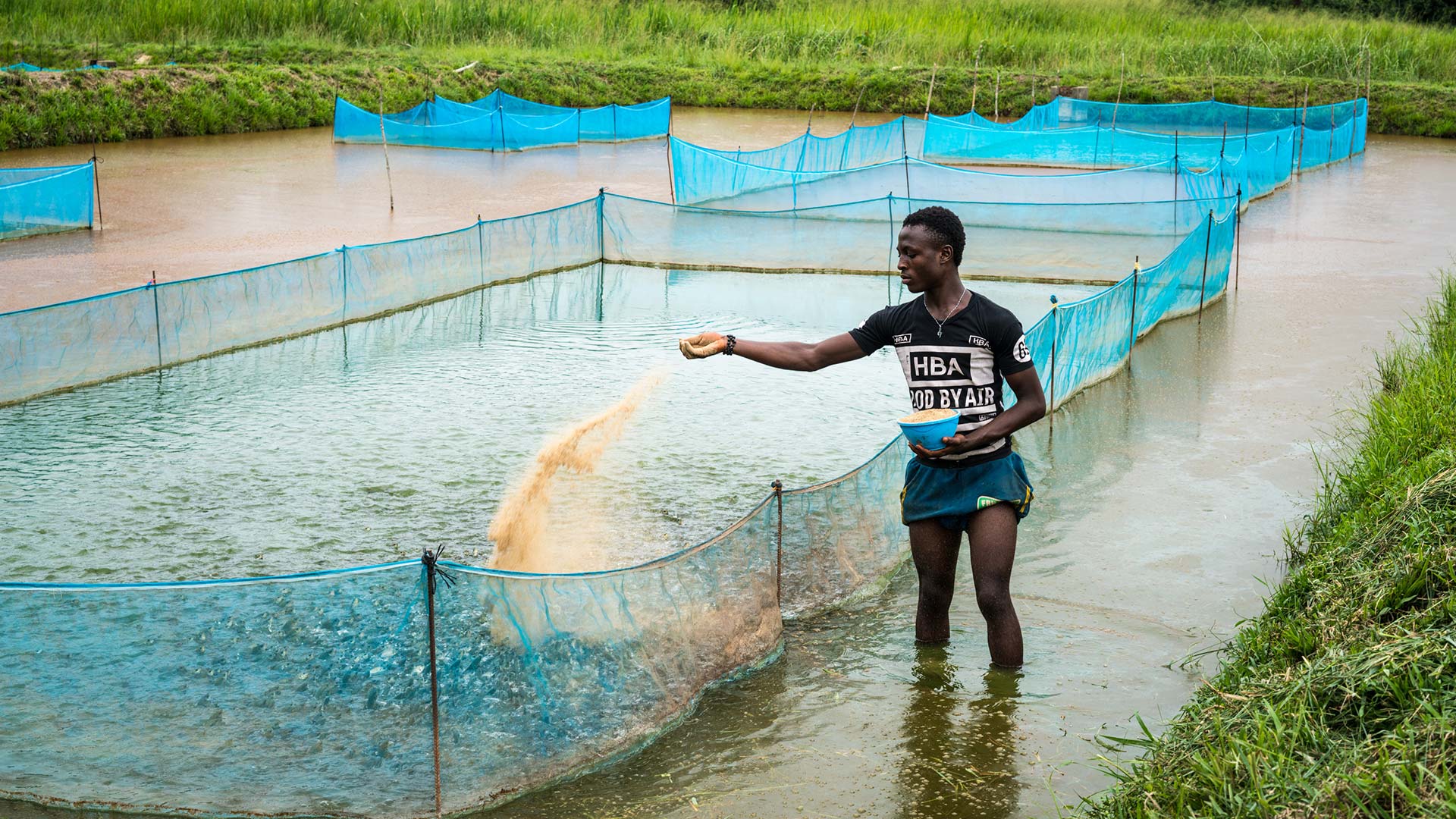

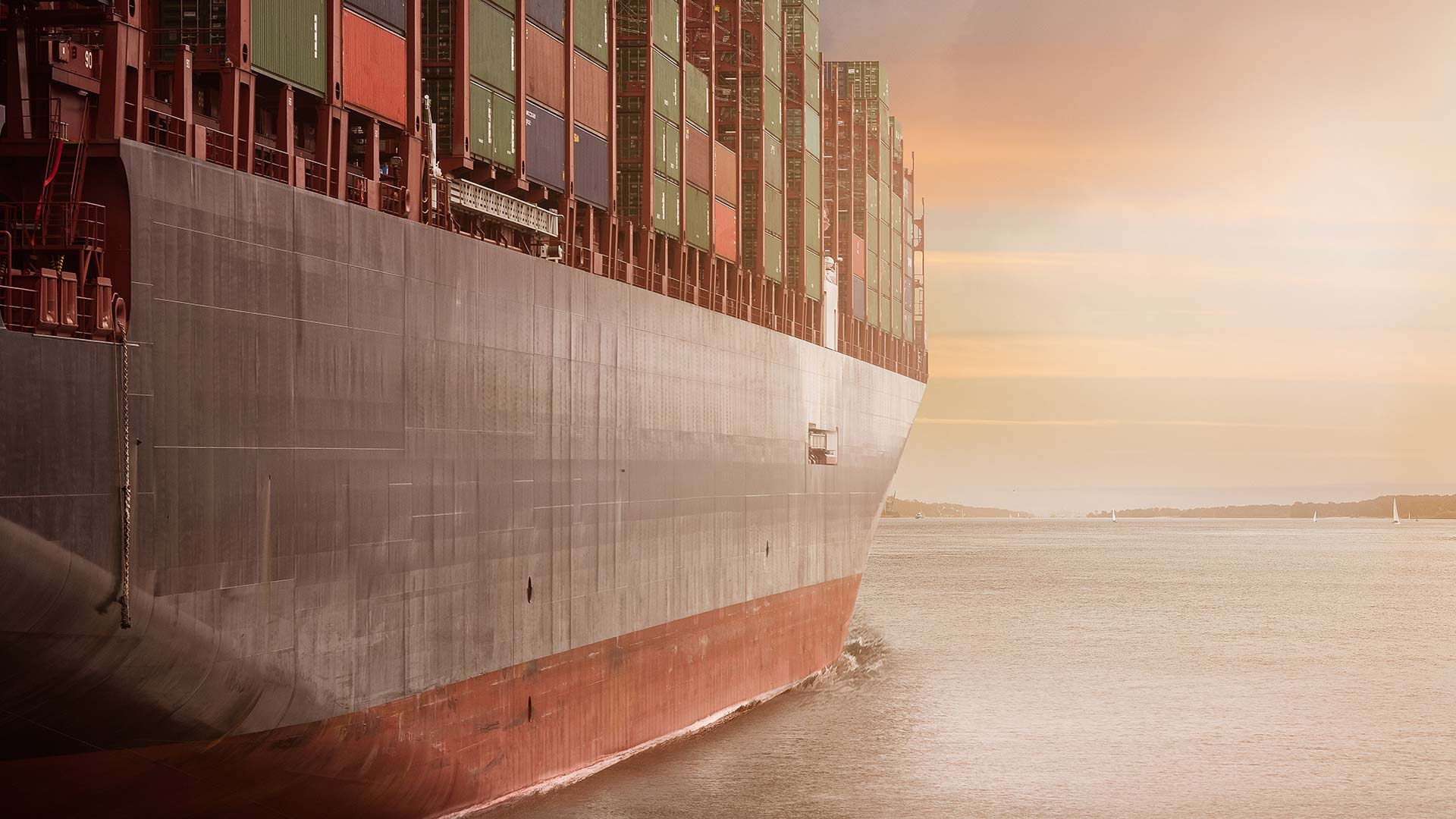

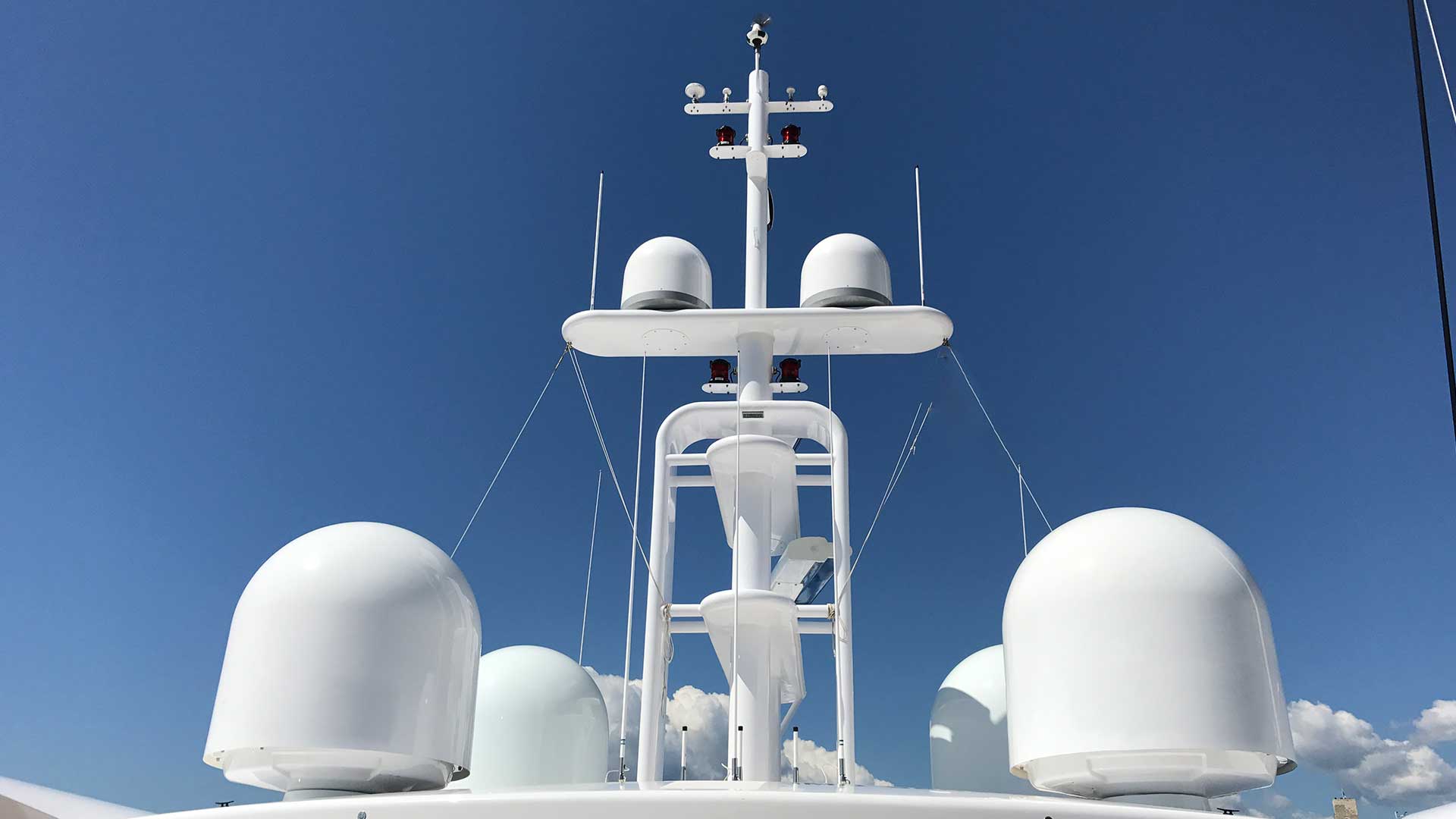
- PROTECTING
- TRANSFORMING
- CREATING
- DEVELOPING
- PROMOTING
- ENGAGING
- INVESTING
WELCOME
Welcome message from Mrs Leila Ben Hassen, Founder & CEO, Blue Jay Communication

Leila Ben Hassen

Founder & CEO
Blue Jay Communication
“Dear fellow African brothers and sisters and ocean lovers from around the world,
We are delighted to welcome you to the second edition of the Africa Blue Economy Forum, taking place this year on 25-26 June in Tunis.
Tunisia was for long at the heart of a territory known as ‘Ifriqiya’ in Arabic, and the ‘Province of Africa’ in Roman times, giving the continent its present-day name.
We have chosen Tunis as a city to host ABEF 2019 because of its location and history, acting as an important centre for maritime trade and an economic powerhouse at the crossroads between Europe and Africa.
The great success of the first edition of ABEF is a powerful testimony to the growing importance of the blue economy in Africa and beyond. Speakers and delegates agreed on five key recommendations to unlock Africa’s marine opportunities that we published in our ABEF 2018 comprehensive report.
Among the important actions that were suggested to achieve a sustainable blue economy was to strengthen pan-African partnerships and encourage more international collaboration. Hence we have decided to focus in this edition on developing more synergies between private and public sectors, between regional and international companies, attracting experts and investors in the blue economy sectors, and, ultimately, creating more job opportunities for Africa’s youth and women.
Special attention will be also given to the issue of plastic, which has become one of the world’s most pressing environmental concerns. According to UNEP, if we continue to pollute at this rate, the ocean will contain more plastic (by weight) than fish by 2050. In Africa, several countries are already taking brave steps to discourage the use of single-use plastic. We want to build on that momentum and facilitate partnerships and investments in order to translate the blue economy concept into tangible results.
We hope that ABEF 2019 will be a platform for transforming the blue economy into a driver for sustainable growth in Africa.
I look forward to welcoming you all in Tunis and to building a bright and prosperous future with you for the coming generations.”
Leila Ben Hassen

Founder & CEO
Blue Jay Communication
What are the opportunities for Governments and businesses to work closer together to harness the full potential of Africa’s Blue Economy?
How to build an efficient framework for better ocean governance, encourage more maritime female champions to join the industry and support the development of a knowledgeable youth?
What are the financial solutions to unlock investments in the Blue Economy?
Oceans are increasingly being recognised as a major driver of the world’s economic development.
Conservative estimates for the next twelve years suggest that the ocean economy will add an annual global value of around US$ 3 trillion and contribute some 40 million direct fulltime jobs to the global labour market.
Projections even forecast that the ocean economy will outpace global economic growth by 2030.
Plastic pollution alone costs $13 billion a year in damage to marine ecosystems.
90% of ocean plastic waste originates from Asia and Africa, mainly due to mismanagement of waste and can be traced to just ten rivers, including river Niger.
African governments have a major role to play in tackling ocean pollution and plastic waste in particular.
Africa is the second largest continent with 26,000 nautical miles of coastlines and maritimezones under its jurisdiction, totaling 13 million km2.
Linking the issue of ocean pollution with the Blue Economy development approach could help meet its targets set out in the UN Sustainable Development Goals (SDGs and the Africa Union’s Vision 2063).

ABEF2018

ABEF2018

ABEF2018
